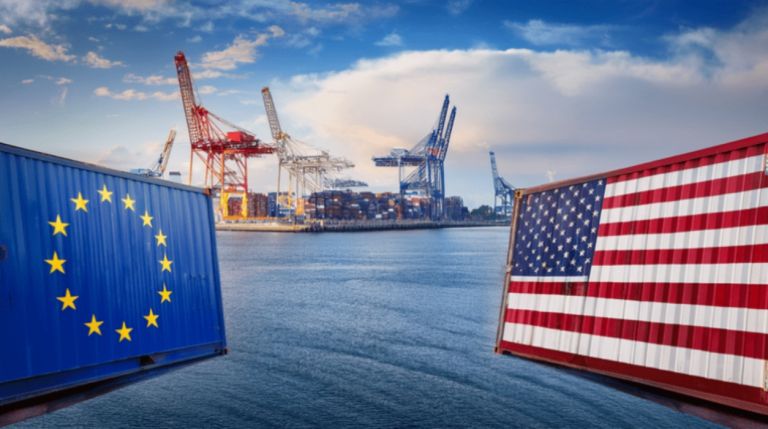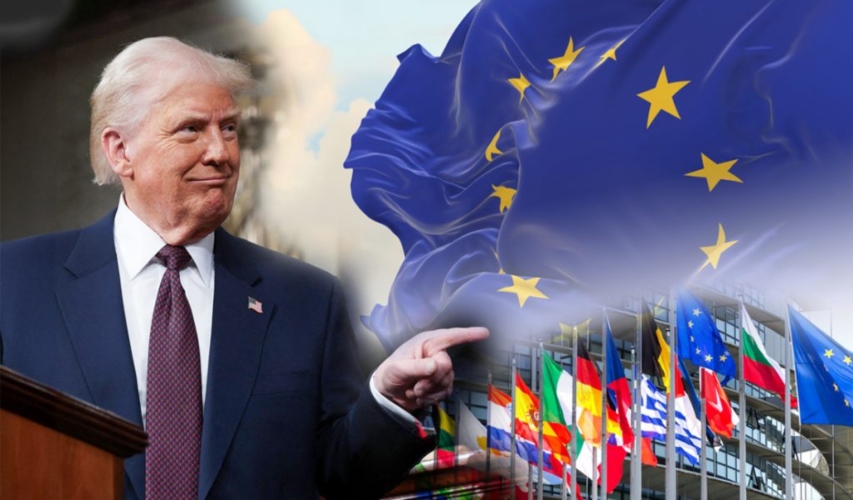EU–US Energy and Investment Agreements Under Fire: Analysts Call It a Fiasco

Πηγή Φωτογραφίας: freepik//EU–US Energy and Investment Agreements Under Fire: Analysts Call It a Fiasco
The EU–US agreement on massive energy purchases and investments has sparked a wave of skepticism among international analysts, who warn that the targets are unrealistic and virtually impossible to achieve, both in terms of supply and institutional capacity.
The much-publicized deal between the European Commission and the United States — pledging $750 billion in energy purchases and $600 billion in European investments in the US over three years — appears to be unraveling under the weight of reality. Analysts warn it is a political agreement with no legal basis and significant technical obstacles.
Economist Davide Oneglia of TS Lombard described the target of $250 billion per year in US energy imports as “meaningless,” noting that in 2024, EU energy imports from the US totaled just $80 billion, while total US energy exports globally reached only $330 billion. Simultaneously, the EU’s LNG infrastructure and refining capacity cannot absorb such volumes.

The agreement also includes nuclear technology procurement, particularly small modular reactors, but these projects require years of development and are seen as counterproductive to the EU’s own nuclear industry ambitions.
Even more tenuous is the promise of $600 billion in EU investments in the US. As Commission officials later clarified, the funds are expected to come entirely from the private sector — over which the EU has no direct authority. “The EU is not a company,” one analyst remarked, questioning Brussels’ ability to steer corporate investment decisions.
Analysts emphasize that the deal seems more like a strategic move to avoid steep tariffs from Donald Trump rather than a credible roadmap for transatlantic energy and economic cooperation. The numbers simply don’t add up — neither on the supply side, nor on the demand side, nor in terms of practical execution.
What further fuels skepticism is the absence of clear implementation and oversight mechanisms. The EU energy market operates through private companies and free-market negotiations—not state mandates. As experts point out, there is no way to “force” European firms to prioritize American LNG or oil, especially when cheaper and technically more compatible alternatives exist, such as Norwegian gas via pipeline. Despite statements of goodwill from Brussels and Washington, the agreement appears to serve primarily as a political and communicative maneuver rather than a realistically actionable strategy.
Source: pagenews.gr
Διαβάστε όλες τις τελευταίες Ειδήσεις από την Ελλάδα και τον Κόσμο






Το σχόλιο σας